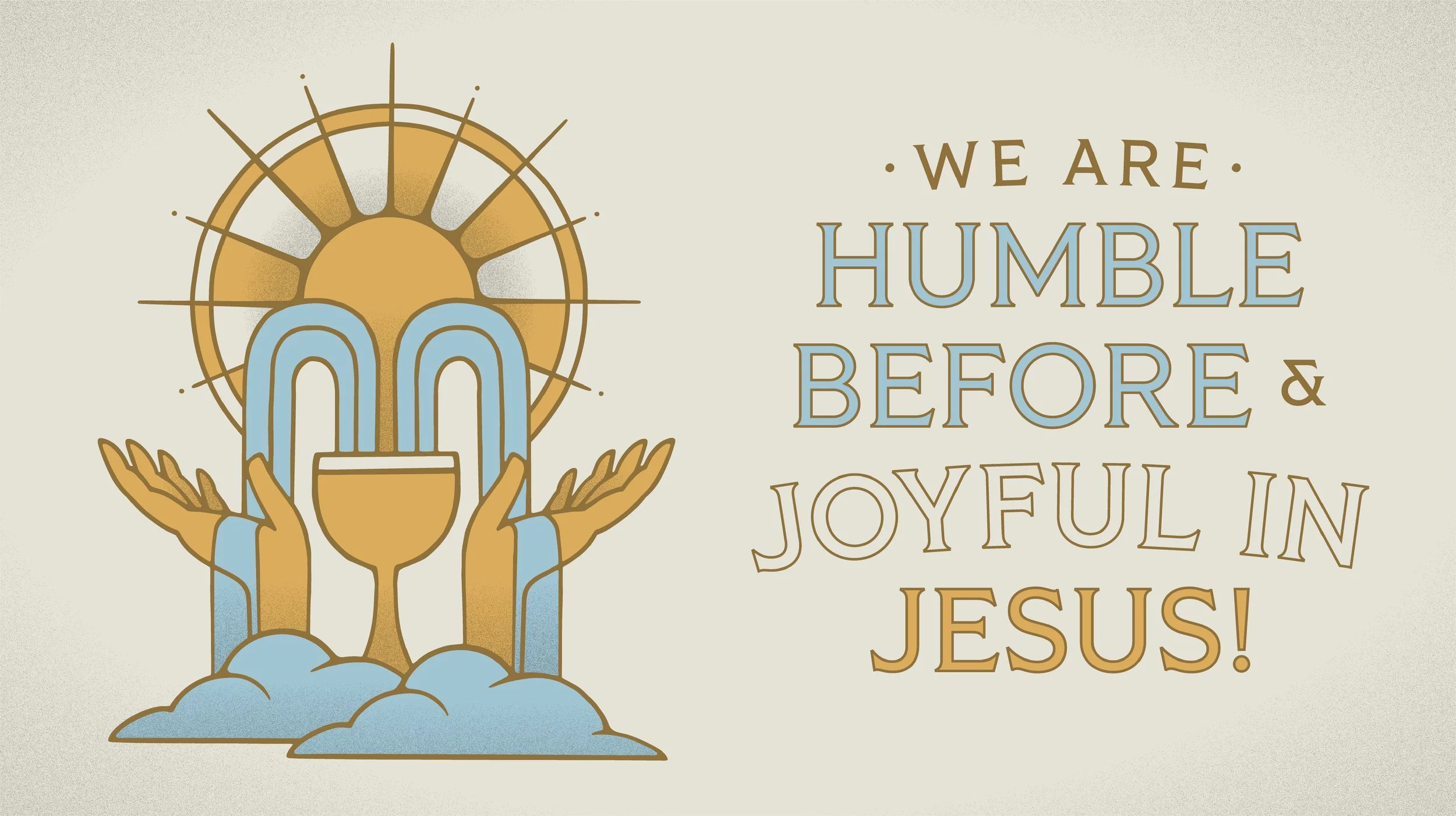I’ve spent much of my life trying to look the part of being a Christian. If I just went to church every Sunday, if I just went on mission trips, if I just went to a Bible study, or didn’t drink or party, or didn’t curse, or didn’t hang around people who did, if my kids never threw tantrums, or I had a perfect marriage… THEN everyone would think I had it together, and as long as everyone thought I was ok, they wouldn’t ask questions. I wouldn’t have to let anyone in, so they wouldn’t know the real mess I was inside.
Objections To And Evidence For The Resurrection
1. Devout Jewish people began worshipping Jesus as God after his resurrection. Which would have meant risking persecution and the torments of hell forever for worshipping a false god. And in this group are his two half-brothers James and Jude and his mother. James was opposed to Jesus’ claims of deity during his life but then James was transformed by seeing Jesus after his resurrection. He went on to pastor the Jerusalem church and write a book of the Bible.
Jesus Changed Me: Stephen Ell
I was baptized at my church in Florida when I was about 14 years old. I thought I was a Christian at the time. However, I was completely blind to my self-righteousness, legalism, and performance based habits. When I compared myself to most people, I thought I was a pretty good guy. As long as I didn’t commit any of the “bad sins”, I figured I was ok. Little did I know during that time in all my self-righteousness, I was just as guilty as the worst criminal on the planet.
Tips & Tongues
The gift of tongues, or (as I prefer to call it) the gift of languages, is the most controversial of the all the spiritual gifts we find in the New Testament, and that's saying something. It attracts more extreme comments than any other gift, from both sides of the aisle. Many Pentecostals regard it as the sine qua non of Spirit baptism, and many conservatives regard those who use it (or claim to) as emotionally suggestible, unbiblical, or perhaps even demonic; damned if you do, damned if you don't. In between, a huge number of Christians—especially, it seems to me, in North America—are open to the gift of tongues in theory, but extremely cautious (or even frightened) in practice, not least because it is so often practised in sub-biblical or even downright bizarre ways. As someone who writes a lot about theology and prays in languages most days, I have a few thoughts about that.
Here are ten points that need to be borne in mind when developing a theology, and practice, of the gift of languages:
A Few Spiritual Gifts Defined
How gracious and creative is our God to make us one and also give each of us different gifts and roles and services and activities. Below is a list of definitions and explanations from Sunday’s sermon. Because the Spirit gives gifts, our prayer is that we would gain a better understanding of them and be excited to use them for the common good (1 Cor 12:7). The Spirit is empowering us to serve one another for our joint maturation. Thank you Lord!
10 Things You Should Know About God's Power (In You)
Why Have Women Deacons?
Jonah & The Compassionate God
And that’s why we decided to walk through Jonah this month. That’s why on the Sunday before Christmas we aren’t looking at Luke 1 but Jonah 4. Anger is all around us in this age and if we’d be honest this morning so often it’s in us.
Where does it come from? How will we address it? How is a baby 2,000 years ago better than anger management? We start off with Jonah being angry at God for God being God. Let’s look at Jonah 4
Stages Of Repentance: Repent (3 of 6)
In the first two stages we looked at conviction and confession.* We have felt the weight of our sin by seeing it as God does and confessed it to Him and others. Before we move to next stage I want to warn you of turning these stages into a checklist. Anytime there is a numbered list I am uneasy because I know our hearts tend towards trusting in religious acts. The purpose can quickly become doing this list trying to keep God pleased so he will continue to bless you and answer your prayers.
Adoption Isn't Charity—It's War
The Bible tells us that human families are reflective of an eternal fatherhood (Eph. 3:14–15). We know, then, what human fatherhood ought to look like on the basis of how our Father God behaves toward us. But the reverse is also true. We see something of the way our God is fatherly toward us through our relationships with human fathers. And so Jesus tells us that in our human father’s provision and discipline we get a glimpse of God’s active love for us (Matt. 7:9–11; cf. Heb. 12:5–17). The same truth is at work in adoption.














